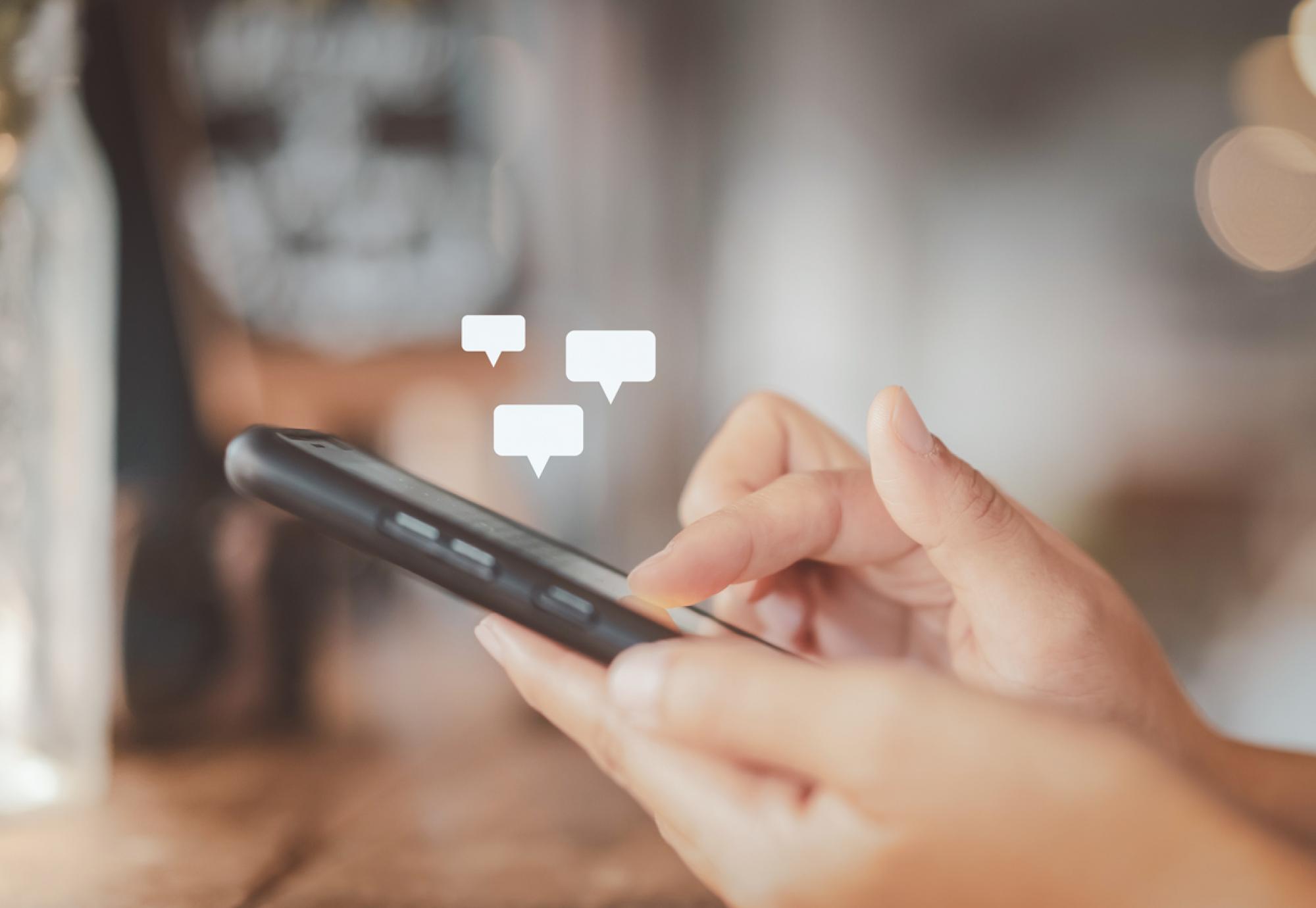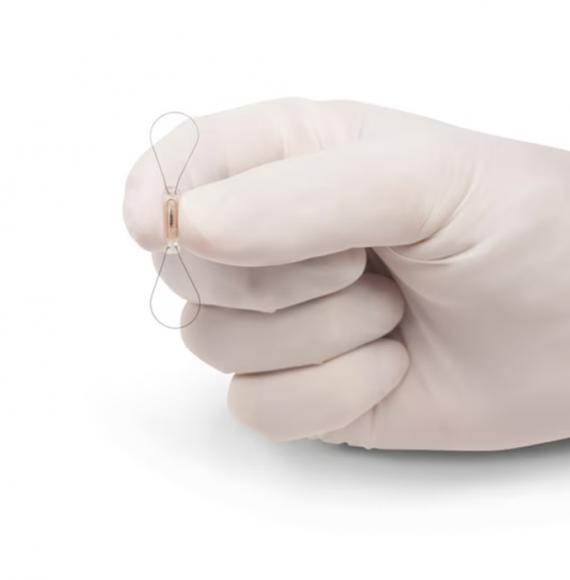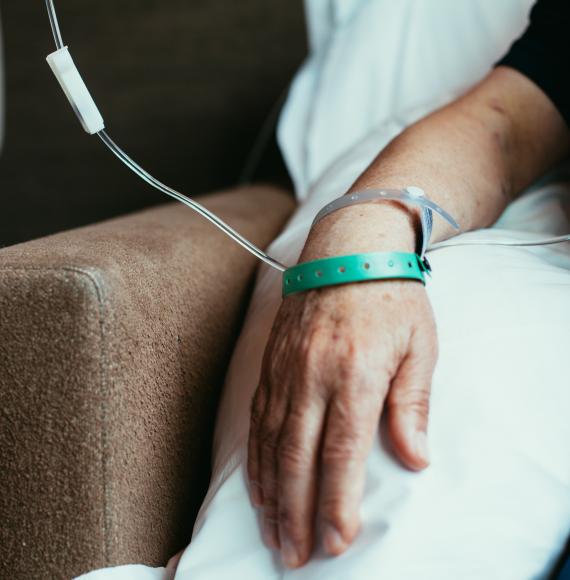A new study has shown how a digital platform can help people with aphasia improve their speech.
A six-week study from University College London found that, when patients used the iTalkBetter app for around 90 minutes a day, their ability to name commonly used items improved by 13%.
The impact was sustained 12 weeks after the therapy ended, while spontaneous speech also improved.
The app works by analysing speech in real time and giving feedback to patients, enabling them to practice at their own speed.
During the study, researchers used MRIs to monitor brain activity in participants and discovered that the regions in the brain related to language perception, production and control increased in volume after using the app.
“The more people with aphasia practised, the more they were able to activate…”
Aphasia is caused by brain damaged and can be a result of stroke, brain tumours, or severe head injury.
Professor of cognitive neurology at UCL, Alex Leff, explains: “This is the first task-based functional magnetic resonance imaging study in people with aphasia to identify dose-related changes in brain function.
“The more people with aphasia practised, the more they were able to activate key auditory processing areas in the undamaged hemisphere.”
The NHS provides around 12 hours of speech and language therapy to patients currently, with further in-person support available privately or through charities.
“Most health care systems massively under dose people with aphasia…”
The study, published in eClinicalMedicine, was funded by the National Institute for Health and Care Research, and supported by the Wellcome Trust.
“Most health care systems massively under dose people with aphasia in terms of the hours of speech and language therapy that they are provided with,” adds Prof Leff.
“App delivered therapy is one solution to this problem.”
Image credit: iStock



















